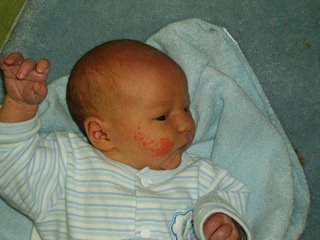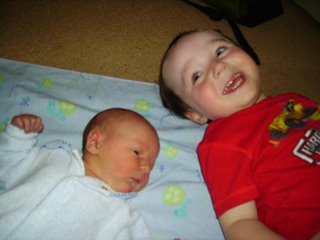
Now that I'm on paternity leave I thought I'd catch up on a few posts. On May 10, the entire CommEn Space staff had an "outing," which is a semi-regular day off during which we all go out and do something fun together. This time, we decided to go kayaking on the Sammamish river--I was leery of going farther afield because of Lochlan's imminent arrival, and we were all curious about how this very urban river is fairing after some fairly concerted restoration efforts along it's course through Marymoor Park.
As it happens, the place where we rented the kayaks is near the eastern terminus of the Burke-Gilman trail, so I decided to ride my bike from Ballard/Fremont to Redmond--the entire 27-mile length of the B-G. It was a great ride! It took about an hour and half, and passed through the cities of Seattle, Lake Forest Park, Bothell, Kenmore, Woodinville, and Redmond. Unfortunately our camera was broken and I was unable to photograph some of the more memorable sites (a fork lift moving float planes from the Kenmore Air parking lot into Lake Washington, a bizarre store in Bothell called "Gift Store," a trailer park with docks on the river, etc).
The river itself was great fun to paddle in, and there were some surprisingly challenging "rapids," particularly where the river flows out of Lake Sammamish on its way to Lake Washington. We had a great time teaching Sheila how to kayak, and the inevitable water fight ensued about 20 minutes before we finished.
Afterwards, we met up at the Redhook Brewery in Woodinville (Karsten and I biked there) for grub and brews. It was a great day, and I hope to have the opportunity to do something similar sometime soon.










